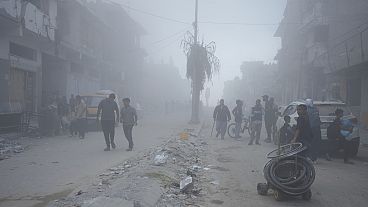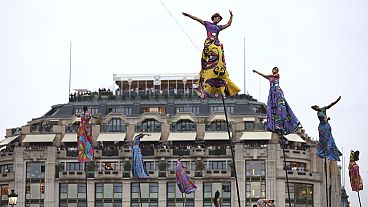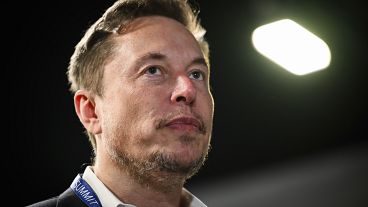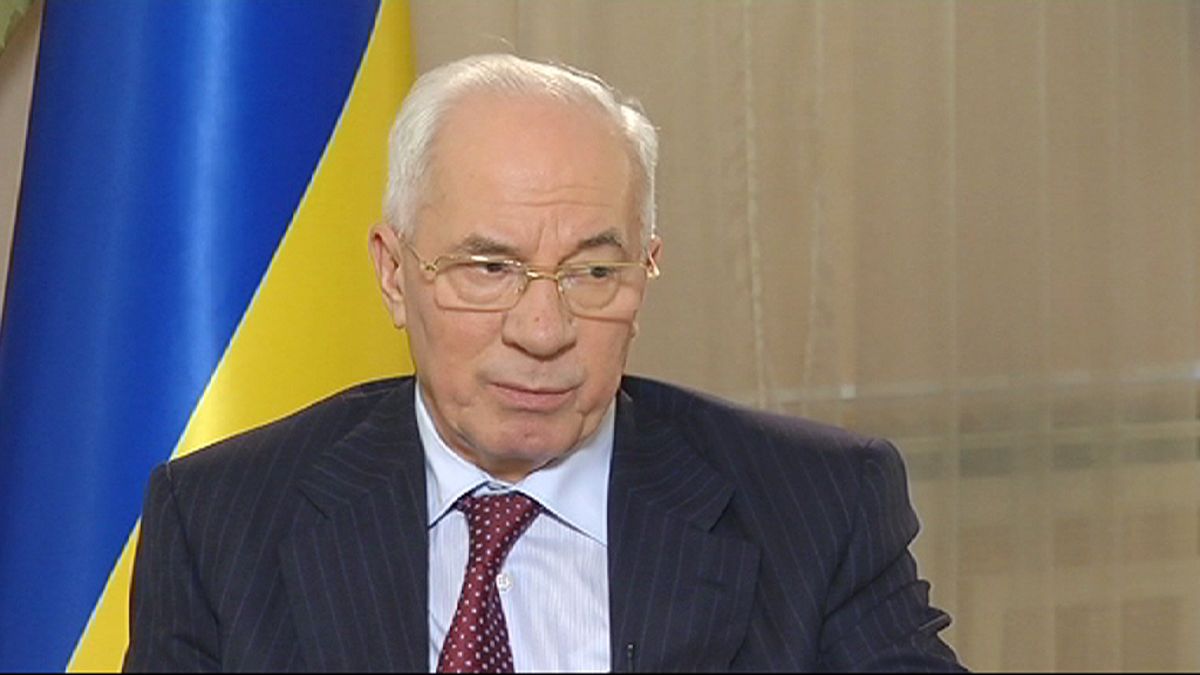They were eager to take a leap into the unknown, or the almost unknown – which is what mainstream Europe is – and turn away from old Russian ways, but now Ukrainians are very disappointed in their government for pulling the plug on moves to join the European Union.
They do not accept that suspending the process was for economic reasons because mainstream Europe means having access to a market of 500 million consumers. Kyiv turned that down – and the Association Agreement is the stepping stone to negotiations for full-out membership in the EU.
So, has EU enlargement stopped cold? Croatia – which has been an independent country for only 22 years – just became the 28th member state. That shows that the European Union, in spite of the euro zone debt and austerity crisis of identity has not stopped considering eastward expansion.
In 2004, ten new member states joined with a bang. The block had been 15 since 1995.
Two of these were Mediterranean countries; eight were former Communist states, either Warsaw Pact or Soviet Socialist Republics. Then, three years later, two more former Eastern Bloc countries joined. Croatia is the latest. There are now three recognised Balkan candidates, and three more bucking for candidate status. It took 38 years for the European Community to build up to 15 members; then in nine years it grew by 13 members. Integration’s supporters say it must be doing something right.
Yet some cautionary voices say it was too fast; economic hopes are not always met.
Even so, there is still a political will to encourage potentially unstable countries near the outer limits of Europe’s borders to press on for more democracy.
As fallout from the EU-Ukraine deal being put on hold continued, Prime Minister Mykola Azarov spoke exclusively to euronews.
Sergio Cantone, euronews: “Prime Minister, are you surprised by the reaction of the Ukrainians: protesting against the decision of your government not to sign the Association Agreement with European Union?”
Mykola Azarov: “Of course I’m not surprised, because in the course of the last three and a half years both the President and our government have been actively promoting the idea of the EU deal in Ukrainian society. It was our government who drafted the agreement, and we were constantly explaining to our people why we were doing it. So it’s quite natural that when we made our announcement a significant number of people took to the streets demanding that the process of European integration be continued. This active involvement of our people proves again that, in general, our policies on EU integration were correct.”
euronews: “Could you at least explain to us why your Government took the last-minute decision not to sign the treaty?”
Azarov: “‘Better late than never’ is my proverbial answer. We took the decision when it became clear that we wouldn’t get any help, that the moment for tough decisions had arrived. Otherwise, what would have happened you know – involving the rating agencies’ forecasts for Ukraine. I won’t go into this again, but we tried to delay the decision until very late; we were hoping to find a solution, to find the required financial compensation. We took the decision when it became clear there is no such compensation.”
euronews: “Did Russia offer Ukraine a reduction in the cost of gas that Ukraine is buying from Russia because that could also give the IMF the possibility to give Ukraine the loans that Ukrainians need without increasing the cost of gas for the households in the country?”
Azarov: “This is a difficult question,” the prime minister said. “By solving this issue Russia is losing billions and we are acquiring billions of dollars. It’s a difficult question,” he said, “because the contract is written in a manner which enslaves us to such an extent and is so beneficial for Russia that we find it hard to stick to the legal wording of the contract. But I have always been an optimist, and I have told our Russian partners that this contract worsens our economic relations – and not only our economic relations, and leads to buying less gas. We have already almost halved imports. So: this contract works against you and against us, and it has to be reviewed.”
euronews: “You are blaming the IMF, but how do you think the EU can influence this international organisation – a global financial organisation?”
Azarov: “The International Monetary Fund is an international financial organisation that is governed by the board of directors who represent the leaders of the ‘Old World’ – the representatives of France, Germany, Great Britain and the United States. If the IMF had coordinated its attitudes within the board, this economically unreasonable demand [to charge domestic gas customers more, as a precondition for the IMF loan] would have been struck from the agenda.”












